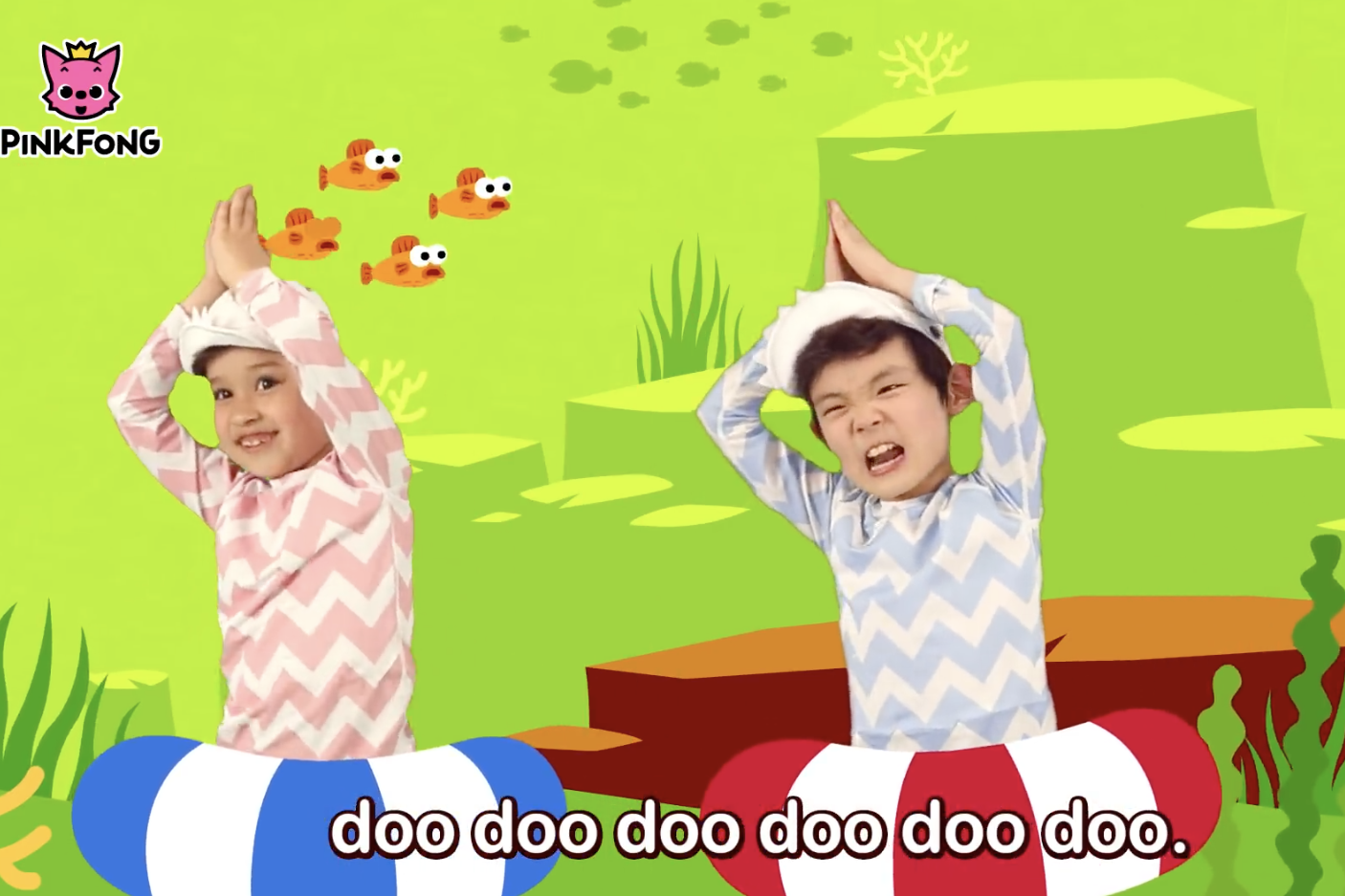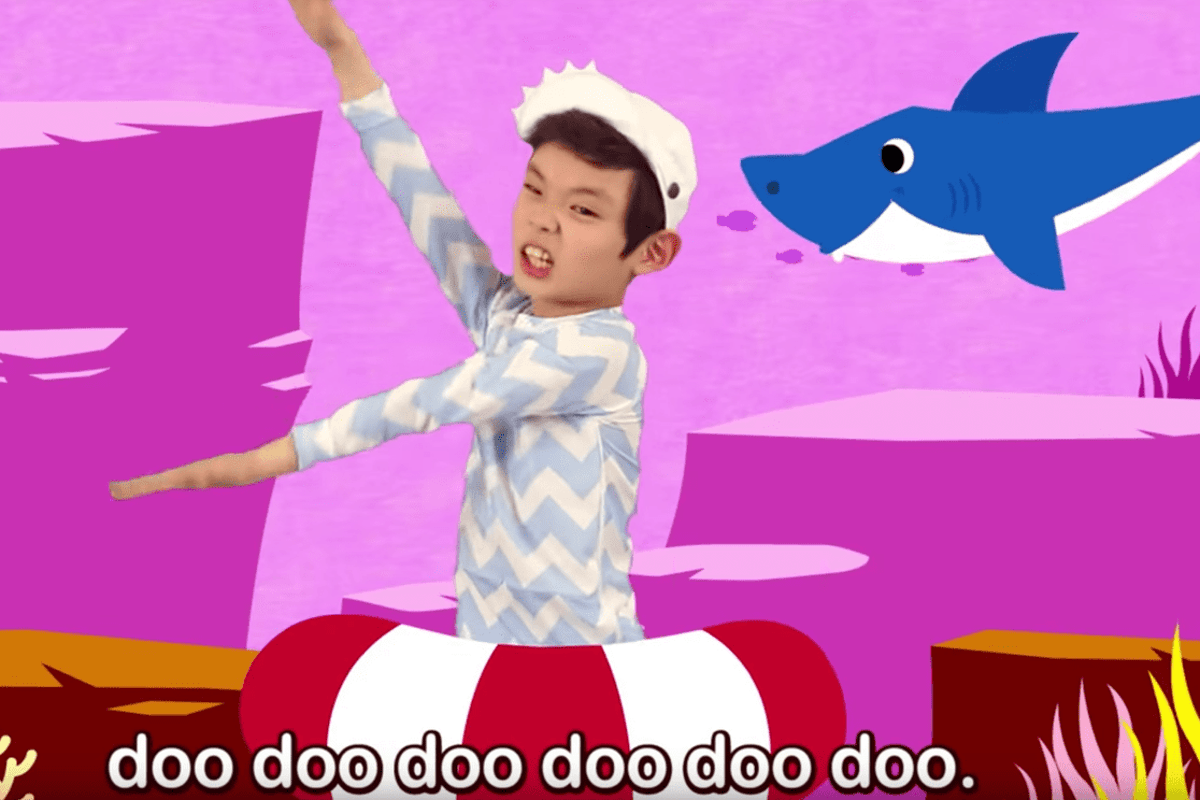From reproductive rights to climate change to Big Tech, The Independent is on the ground when the story is developing. Whether it’s investigating the financials of Elon Musk’s pro-Trump PAC or producing our latest documentary, ‘The A Word’, which shines a light on the American women fighting for reproductive rights, we know how important it is to parse out the facts from the messaging.
At such a critical moment in US history, we need reporters on the ground. Your donation allows us to keep sending journalists to speak to both sides of the story.
The Independent is trusted by Americans across the entire political spectrum. And unlike many other quality news outlets, we choose not to lock Americans out of our reporting and analysis with paywalls. We believe quality journalism should be available to everyone, paid for by those who can afford it.
Your support makes all the difference.
Read more
A court has dismissed a copyright claim by an American composer who accused a South Korean children’s publisher of plagiarism in its version of the catchy children’s song “Baby Shark”, which became a worldwide hit.
New York-based composer Jonathan Wright sought 30 million won (about £16,000), claiming that the 2015 rendition of “Baby Shark” by South Korean education startup Pinkfong, previously known as SmartStudy, was a plagiarised copy of a song he had released in 2011.
However, the court upheld rulings from 2021 and 2023 stating that Wright’s version of the song – which had circulated in the US for decades as a campfire chant or children’s singalong – wasn’t original enough to warrant copyright protection.
“In the case of a new song based on a pre-existing one, one needs to add sufficient revision for it to be socially accepted as a new work, in order for it to be protected as a copyrighted material,” the court said, according to The Korea Herald.
“Minor changes added to the original material cannot be considered an original creative work, and thus cannot be protected by the copyright law.”
The ruling hinged on the principle that folk tunes passed down through generations as oral tradition belong to the public, and only versions demonstrating substantial creative modification can be eligible for copyright protection as derivative works.

South Korea’s top court dismisses a copyright claim against a local iteration of the popular children’s song ‘Baby Shark’ (YouTube/Pinkfong)
In a statement to the Associated Press, Pinkfong said the decision reaffirmed that their version of “Baby Shark” was based on a “traditional singalong chant” existing in the public domain and that they had reimagined it with a new arrangement, giving it “an upbeat rhythm and catchy melody, turning it into the pop culture icon it is today”.
Mr Wright’s South Korean attorney Chong Kyong Sok described the outcome as “a little disappointing” but acknowledged that the matter was now resolved.
“Anyway, the matter is now settled,” he told reporters. “It’s our work that came out first, so we can handle the licensing on our side and I guess we then each go our separate ways.”
Pinkfong’s version of “Baby Shark” has enjoyed staggering popularity. Their first video in 2016 racked up over 16 billion views on YouTube and charted at No 32 on the US Billboard Hot 100.
The Pinkfong version featured the vocals of the then 10-year-old Korean-American singer Hope Segoine, and starred two child actors, Park Geon Roung from South Korea and Elaine Kim Johnston from New Zealand, whose dance moves helped propel the video to viral status.
It has since expanded into a franchise featuring the character of Baby Shark alongside Mama, Papa, Grandma and Grandpa, incorporating TV shows, films, mobile apps, touring musicals and expansive merchandising, all of which have contributed to Pinkfong’s revenue of approximately 45.1bn won (£23.9m) in the first half of 2025 alone.
The song also prompted the creation of the #BabySharkChallenge, which generated more than 700,000 cover videos around the globe.
In a 2019 interview with Canadian public broadcaster CBC, Mr Wright said he had deliberately rewritten the “Baby Shark” chant to make it more suitable for young children, removing gory references to a shark-attack in versions that are popular in summer camps and online forums. He claimed to be the first to take this approach and said Pinkfong’s version followed a similar structure. “Basically, Pinkfong’s version does the same thing,” he told CBC.
